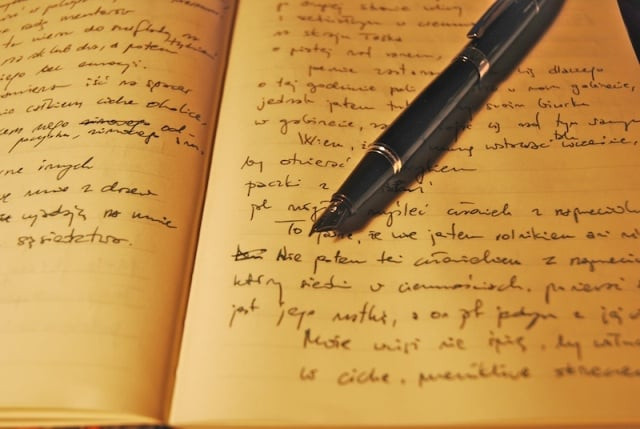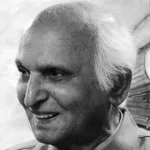Mansoora Ahmed, the adopted daughter of Ahmed Nadeem Qasmi, has passed away. When Qasmi Sahib died, she was orphaned like nobody else was for sadly everybody’s attitude towards her changed in no time.
I had just received Nadeem Shinasi, Fateh Muhammad Malik’s latest work, of which more than a quarter is dedicated to letters written by Qasmi Sahib to his dear friend. One of the letters made me pause. How could it have been published, I wondered? Just then the phone bell rang and Tasneem Manto asked if I had learnt about Mansoora’s death. Let me just say here that while she may have given Qasmi Sahib’s family many reasons to complain, she had been a remarkably dedicated daughter to a remarkable father.
In his letter that accompanied the book, Malik had particularly called attention to the letters, which he said had been included considering “they are part of our national heritage.” I’d have argued that some private matters, like one’s relationship with a daughter, can only be shared with a very trusted friend or kin. The decision to publish such material requires a careful deliberation of all aspects of the matter.
Also, with the passage of half a century, the Progressive Writers’ Movement which was at its peak during Pakistan’s early years has moved from its place in the collective contemporary consciousness to history. Even private documents from the times will now be read as part of our literary history. But we are not sufficiently distant from the times referred to in the letters. Many of the people Qasmi Sahib has written about are still around. Even the ones that have passed away are not all that dead-and-buried. If some private writing by one of Ghalib’s contemporaries is published today we will read it with interest, even enjoy it, despite its criticism of him and our love of Ghalib. Faiz Sahib, on the other hand, is not that distant even if he has passed away, for us and his countless admirers to read a piece of writing attacking him and not be provoked.
Add to that the fact that Fateh Muhammd Malik is nowhere near that stage in his life where he could plead the urgency of handing over the trust lest it perish for ever. What was the harm, I wonder, if he had let the letters get a little older before they were published? What I apprehend now is a messy free-for-all including attacks against Qasmi Sahib.
Reading these letters I had a strange feeling of how sorry a spectacle a rebellious movement presents once the solidarity among its adherents is gone. While the movement has a momentum everybody is an idealist, willing to make all kinds of sacrifices. But once it has been hit by something like the Rawalpindi Conspiracy Case, everybody needs to make adjustments in life. Idealism gives way to pragmatism. But nobody is as aware of the compromises they make themselves as they are of the ones their colleagues do. Fingers are pointed and spontaneous remarks lead to bitter feuds.
Reading Fateh Muhammad Malik’s narrative I could not help feeling for Masood Ash’ar. How he had pleaded for colleagues not to judge Qasmi Sahib merely for his participation in the annual events of the Academy of Letters where Ziaul Haq held forth. Let me just say that Qasmi Sahib was not the only ‘progressive writer’ there. However, because he was the only writer of that stature and had been the movement’s secretary general, fingers were mostly raised at him.
Malik has also written about an inclination towards religiosity which I believe has been made easier for him by not having been a witness to the movement in its heyday. Was the movement itself atheistic? I believe it was a secular movement. I also believe that even then a secular attitude was nothing new to Urdu’s literary tradition.
*Translated from Urdu
Published in The Express Tribune.
Qasmi according to Malik
Even during the 80s, secular attitudes were nothing new to Urdu’s literary tradition.



COMMENTS
Comments are moderated and generally will be posted if they are on-topic and not abusive.
For more information, please see our Comments FAQ